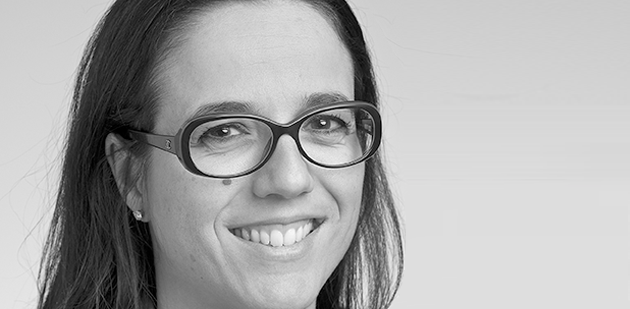Jocelyne Bloch Deputy head of the Neurological Surgery Service and president of the “Pépinière” (incubator) commission.

Promoting research” may just sound like an electoral promise, but it actually represents a major challenge for a university care facility. Lausanne University Hospital can adjust a variety of factors—including working conditions, funding and reach—to help its clinicians publish more research.
But the hospital’s most ambitious lever is doubtless its ability to recognise as early as possible researchers whose work would benefit from an “extra boost”. The alternative would mean running the risk of talent sources drying up, or even heading elsewhere. At the start of their education, doctors can sign up for an MD-PhD programme, which is an excellent launch pad for pursuing a career in research. Much later, at the professional level, there are many programmes to support physicians’ work once they have proven their scientific bona fides. But for doctors in between these two stages, such as clinical directors and young chief residents, the path leading to the coveted research grant is full of obstacles. This complicated situation is in part due to the fact that academic research is not typically the first choice of new physicians.
It is precisely with this in mind that Lausanne University Hospital and the University of Lausanne came together last year to create a support programme called “Pépinière”. This initiative encourages the heads of the various clinical services to promote profiles and projects that deserve the limelight. If the project is approved by a commission made up of a representative of each clinical and research department, it receives 50% of the value of the winner’s working time for two years, allowing the researcher to have a “protected” amount of time so that he or she can work hassle-free.
This year, three researchers were selected, including Chantal Berna Renella from anaesthesiology (investigations into the central nervous system and stress resistance in patients suffering from chronic neurogenic pain), Noémie Boilat Blanco from the Infectious Disease Service (development of a decisional algorithm that aims to reduce antibiotic use among patients visiting their GPs for respiratory infections) and François Kuonen from
our Dermatology Service (in vitro and in vivo research using mouse models on the invasive profile of basal-cell carcinoma). These projects represent the first three chapters of a story we hope will be productive and rewarding! ⁄